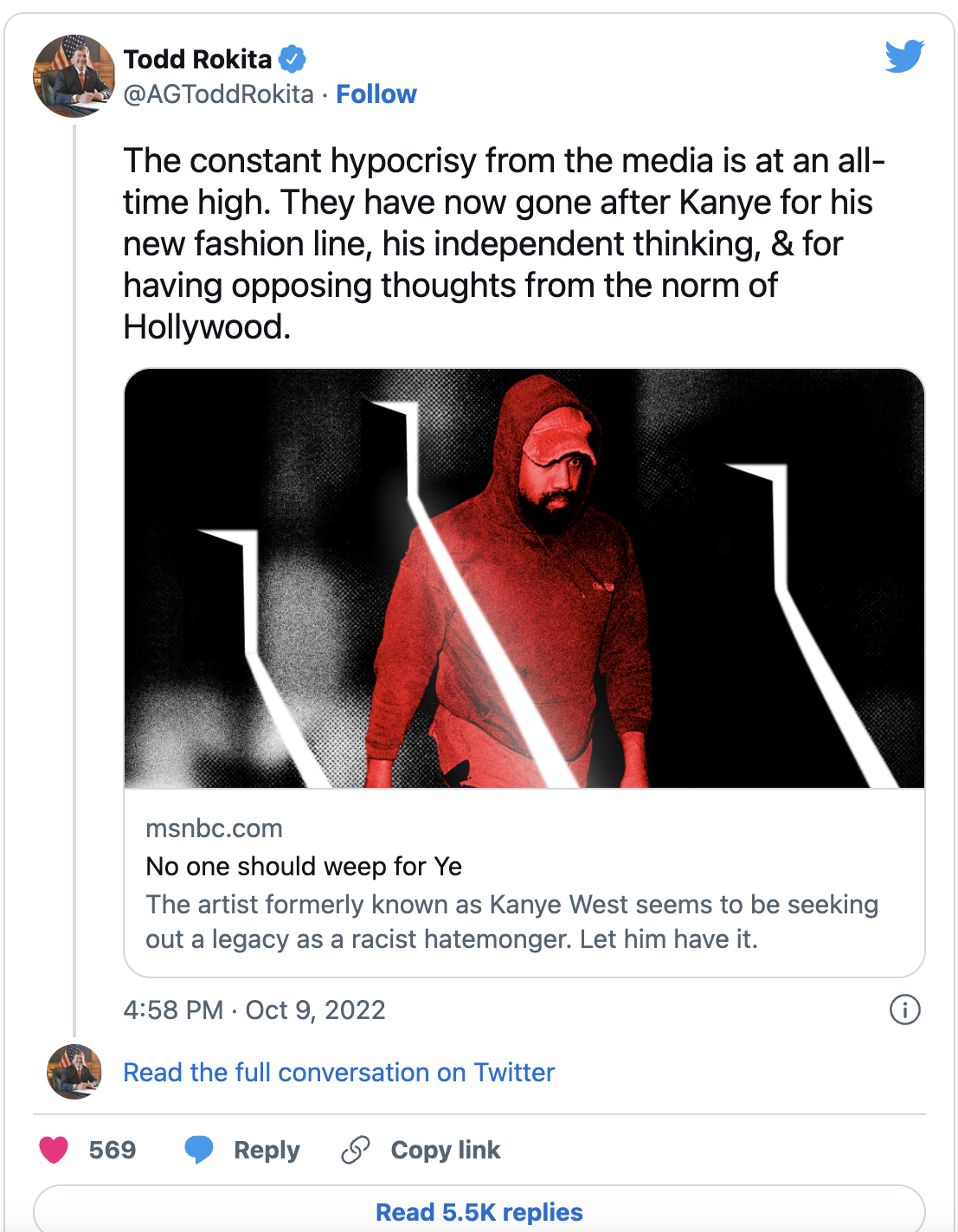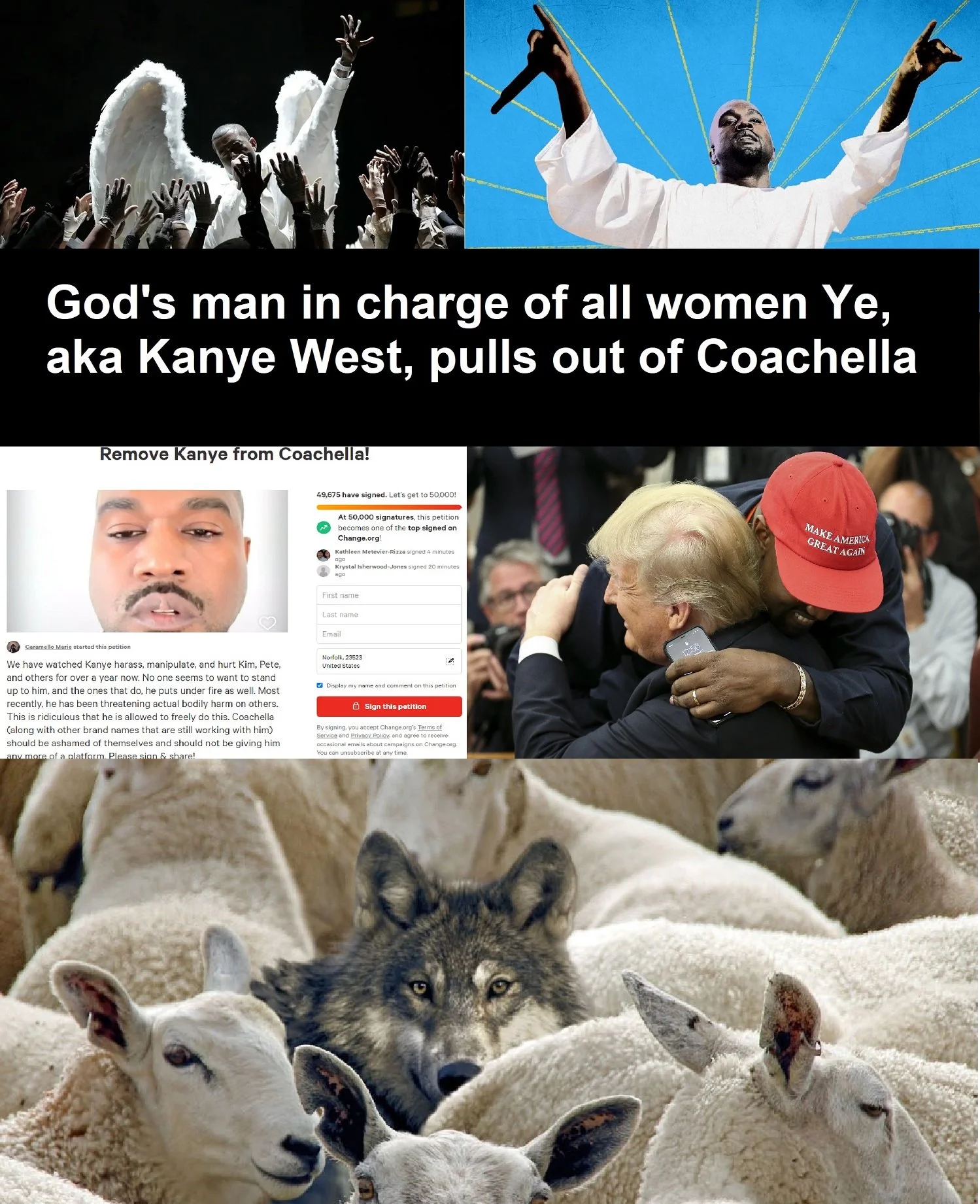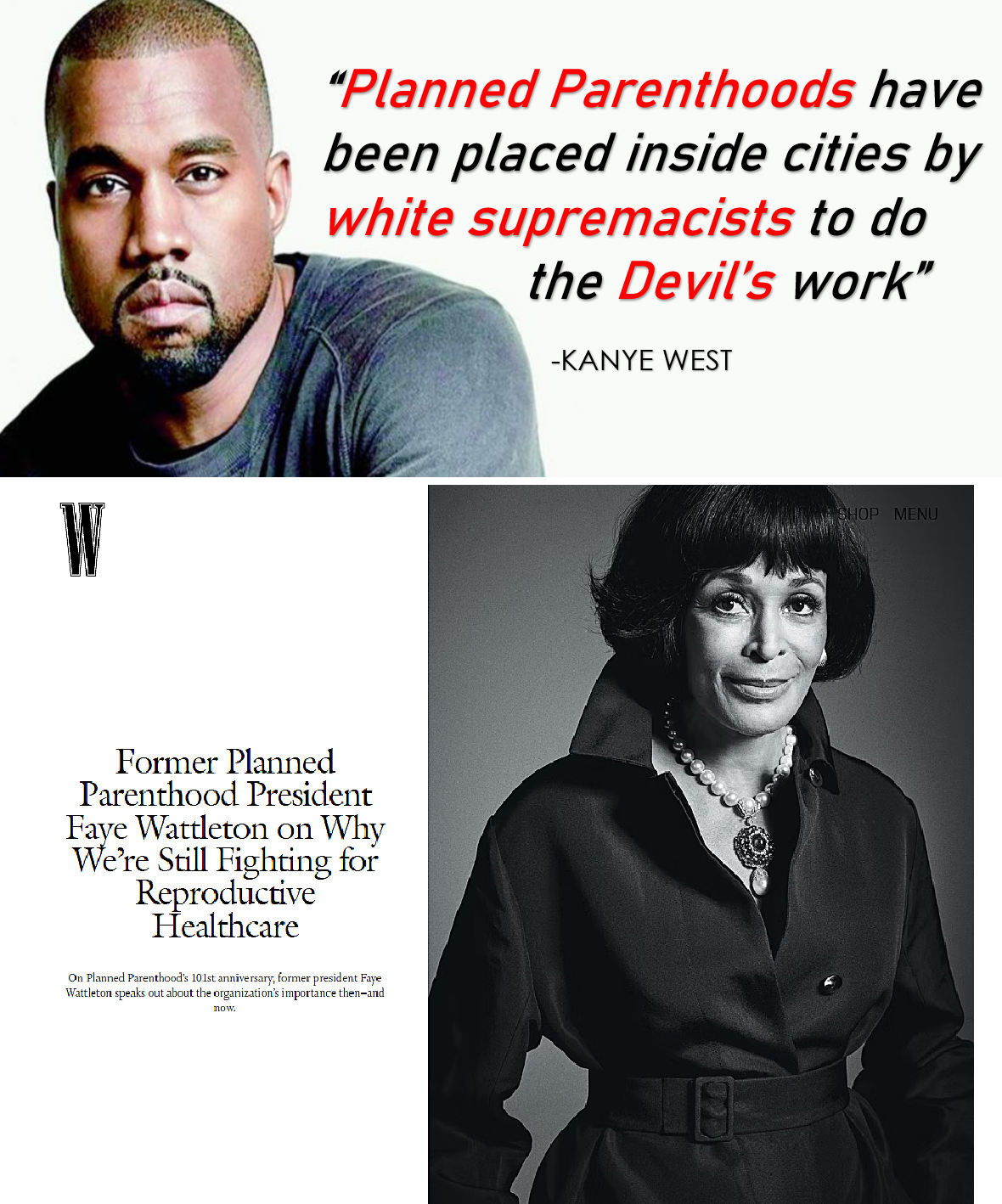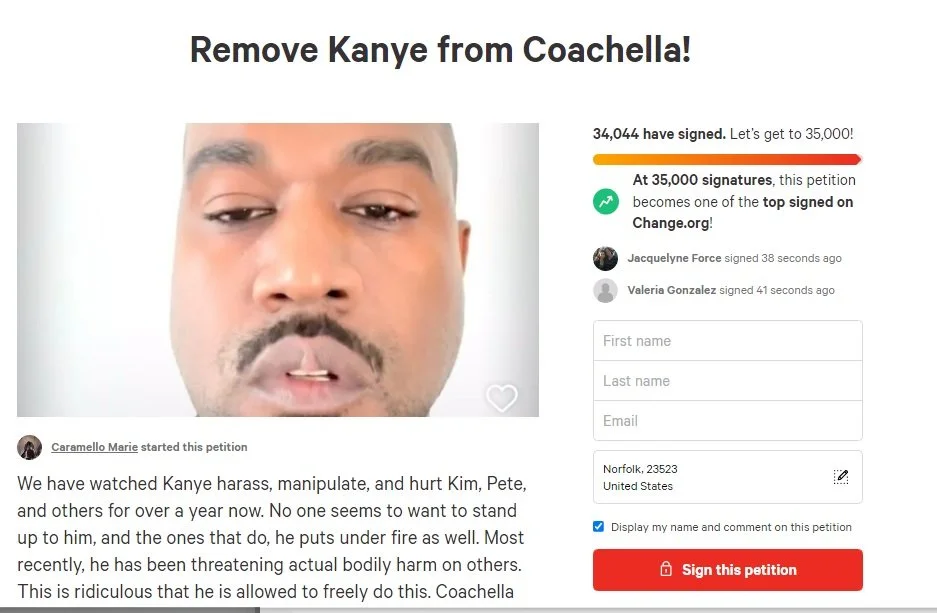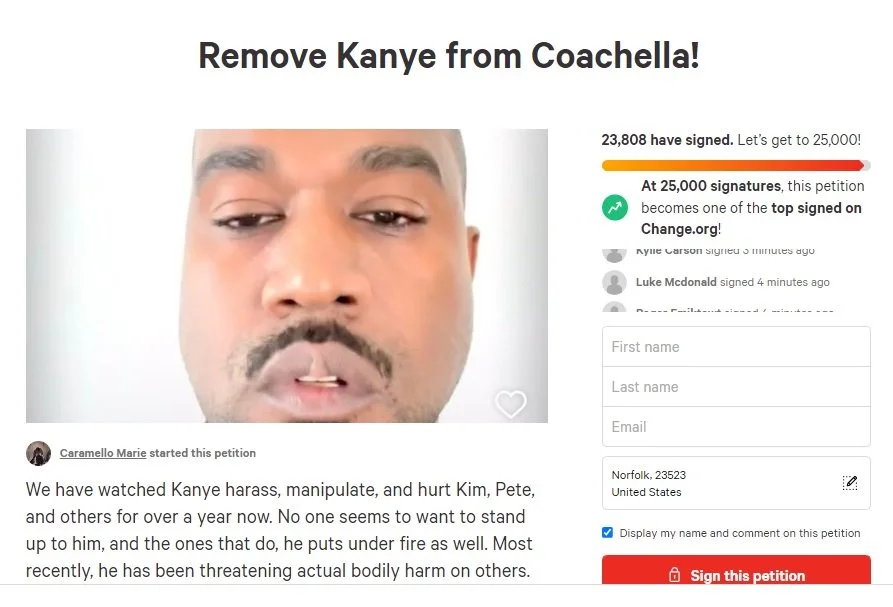A MAKE-OR-BREAK MOMENT FOR SUPREME COURT APPOINTMENTS by Hillary Clinton
/THERE’S A LOT at stake in this election. Nowhere is this clearer than in the US Supreme Court.
The court’s decisions have a profound impact on American families. In the past two decades alone, it effectively declared George W. Bush president, significantly weakened the Voting Rights Act, and opened the door to a flood of unaccountable money in our politics. It also made same-sex marriage legal nationwide, preserved the Affordable Care Act not once but twice, and ensured equal access to education for women.
Agree or disagree with them — and most of us have done both over the years — there’s no question that who sits on the court matters a great deal.
On Election Day, three of the current justices will be over 80 years old, which is past the court’s average retirement age. The next president could easily appoint more than one justice. That makes this a make-or-break moment — for the court and our country.
As president (and a lawyer and former law professor), I’ll appoint justices who will protect the constitutional principles of liberty and equality for all, regardless of race, gender, sexual orientation or political viewpoint; make sure the scales of justice aren’t tipped away from individuals toward corporations and special interests; and protect citizens’ right to vote, rather than billionaires’ right to buy elections.
Republicans running for president have a different view. They see this election as an opportunity to pack the courts with jurists who will turn back the clock. Marco Rubio says he wants “more Scalias” on the Court — justices who would rule against marriage equality and roll back a woman’s right to choose. Ted Cruz says his judges will be “rock-ribbed conservatives.” Chris Christie says that if the court were filled with his type of judge, they would have ruled against the Affordable Care Act and marriage equality.
The difference between their view and mine is significant. And the implications are vast. In fact, the cases on the court’s docket this year go straight to the heart of the progressive agenda.
Take organized labor. On Monday, the court hears oral arguments in Friedrichs v. California Teachers Association. For decades, courts have said that, because all public employees enjoy the benefits that unions negotiate, it’s only fair that all employees contribute to the cost of securing those benefits. If the Supreme Court reverses that precedent, it’ll be harder for working people like teachers, social workers, and first responders to negotiate together for better wages and benefits.
Take abortion rights. In March, the court will look at a Texas law that imposes needless and burdensome requirements on doctors who perform abortions. If the law is allowed to stand, there will be an estimated 10 health centers left in Texas — a state with 5.4 million women of reproductive age — where women can get safe, legal abortions. As more state legislatures limit access to abortion, with 230 separate restrictions passed since 2011 alone, the courts are increasingly the last line of defense for those of us who believe that women should control our own health decisions.
Take voting rights. Last month, the court heard a case concerning how states draw electoral maps. Now it’s weighing whether to change the simple, fundamental principle of “one person, one vote.” Its decision will determine whether some or all of us count in our elections.
Or take affirmative action. Last month, the court heard a case about whether the University of Texas can take race into account, among other factors, when determining the composition of its student body. The court has long recognized the value of racial diversity in higher education, as have our military leaders, business leaders, and educators. It has also honored the central premise of Brown v. Board of Education, that minorities must not be excluded from American public life or institutions. This case will help determine whether that principle endures.
The court is now deciding whether to hear a lawsuit about President Obama’s executive actions on immigration. If it decides — and it should — that his actions are legal, millions of families will rest a little easier, knowing that despite Congress’s inability to pass comprehensive immigration reform, the progress made under President Obama will be protected.
Meanwhile, 26 state attorneys general have sued to overturn Obama’s clean-power plan. Those lawsuits are working their way through the courts now, and their outcome will have a significant impact on our ability to tackle climate change and reduce carbon pollution.
The stakes are clear. In a single term, conservative justices could undermine virtually every pillar of the progressive movement. Imagine what they will do in the future if the court becomes even more conservative. Those who care about the fairness of elections, the future of unions, racial disparities in universities, the rights of women, or the future of our planet, should care about who appoints the next justices.
After years of accusing liberals of judicial activism, conservatives are wholeheartedly relying on Republican-appointed judges to undo progressive achievements. They’re using radical legal strategies to accomplish through the courts what they’ve failed to do through legislation, like dismembering the Voting Rights Act or attacking unions. A Republican president would support those efforts. I will oppose them.
I remember the day last June when the Supreme Court declared marriage equality the law of the land. Same-sex couples, some of whom had been together for decades, stood on the court steps cheering and weeping and thanking God that this day had finally come. It was as clear a reminder as any of what the court can do: stand for equality, or against it; make America a fairer place, or roll back the progress we’ve worked so hard to achieve. It depends on what the Court decides. It depends on who is deciding.
Which, in the end, means it depends on all of us.
Hillary Clinton is a Democratic candidate for president.













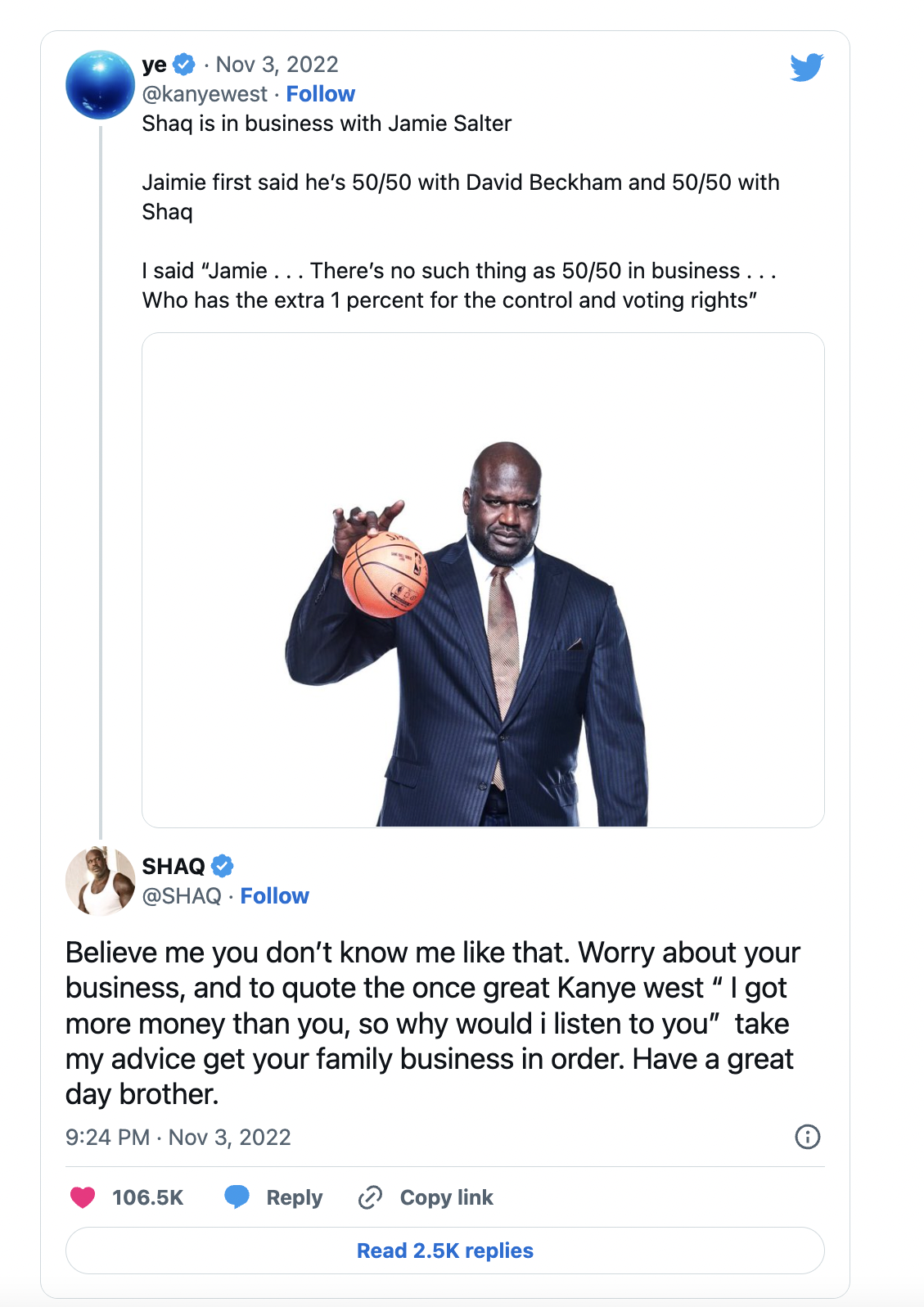










![Kanye West's [aka Ye] Refusal to Treat His Mental Illness Is No Excuse For His Anti-Semitism](https://images.squarespace-cdn.com/content/v1/55f45174e4b0fb5d95b07f39/1666238183530-4WVG9SNG88HTSKQ0WWDV/Is+Kanye-West-Running-Out-of-Platforms.png)
